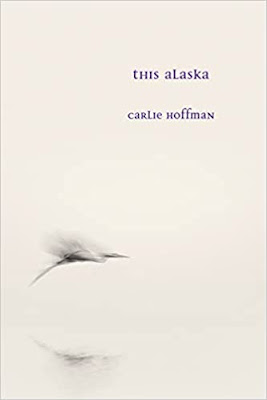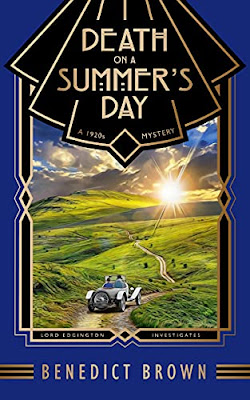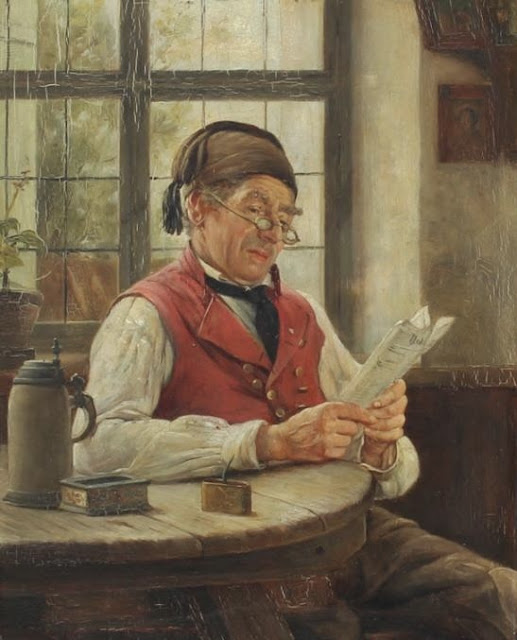It’s difficult to look at almost anything online these days and not be offended. It seems worse when the person doing the offending is someone you know, a Facebook friend you’ve actually met in person, say, and you know them to be kind, compassionate, and caring. And then on Instagram, POW, a bowlful of anger gets dumped on a specific target but splashes all of us.
It was ugly. I was stunned. I knew the person leaned leftward politically, but I never expected what I saw. It’s not only the leftward leaning; the rightward crowd does it as well. And I’ve caught the tendency in myself, when you see something or read something that takes you from a calm-and-collected zero to a red-hot 90 in 4.3 seconds.
It’s not an attractive characteristic. It’s fueled by frustration and anger. It’s heightened on social media, which we seem to think gives us license to behave badly.
We forget the call to be gentle, with others and ourselves.
Gentleness has been on my mind this week; it was part of a sermon by our pastor Sunday, when he preached on Galatians 6:1-10, in which the Apostle Paul exhorts us to be gentle in reproof, not to become weary in doing food, and do good to everyone, “especially those of the household of faith.”
The target of my friend’s ire was a well-known conservative commentator, who also happens to be a Christian. And I wondered what might be the outcome if my friend, instead of heaping outrage and condemnation, had instead prayed for this individual, not that they would come around to my friend’s thinking, but instead would experience God’s grace, God’s blessing, and God’s encouragement. And what if my friend prayed daily for this person for a week.
And what if my conservative friends selected someone they disagreed with – Rachel Maddow, Elizabeth Warren, Stephen Colbert – and prayed for that person for a week, that they would experience God’s grace, God’s blessing, and God’s encouragement.
In either situation, nothing might happen. But I suspect that, if nothing else, the heart of the person praying might change. And that may be one of the unexpected benefits of prayer.
A gentle word
If I would choose
my word, it would not
be power or glory,
it would not be pride
or control, it would not
be wealth or position or
title. Instead, if I could,
I would choose gentle,
the word I’d want
to describe my demeanor,
to describe my actions,
to describe my spirit.
Gentle is accepted
in all situations,
sometimes used and
abused but accepted
nonetheless. Gentle
is a being word. Gentle
is an action word. Gentle
is a word, a life that’s
learned, a condition
that’s taught. And
it is so hard.
Photograph by Godwill Gira Mude via Unsplash. Used with permission.















